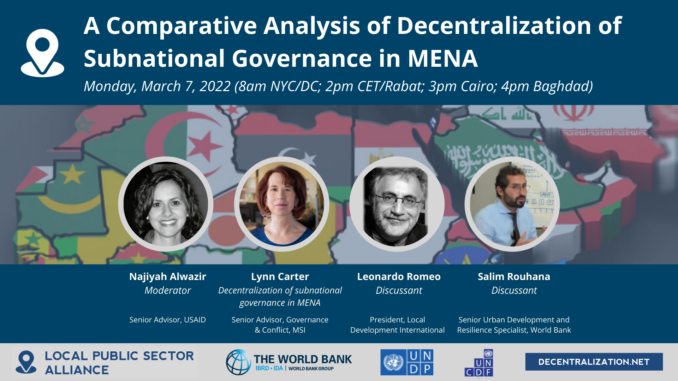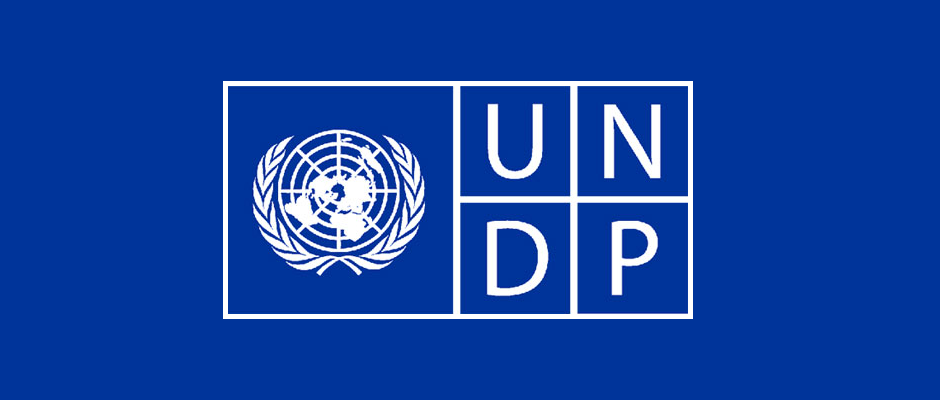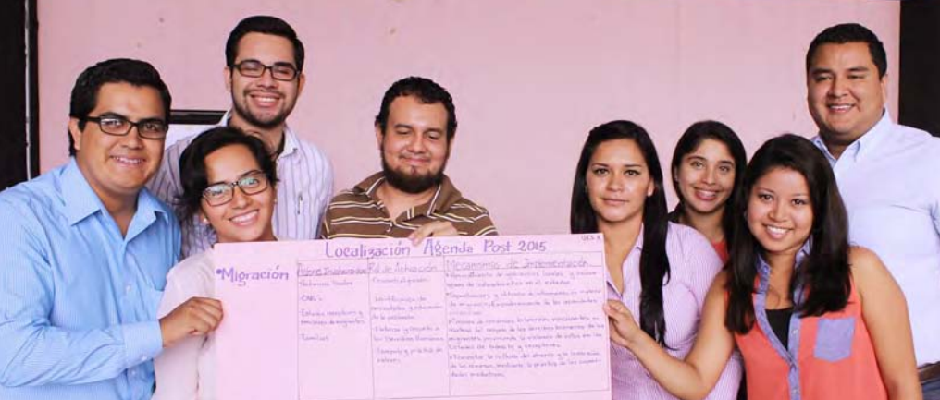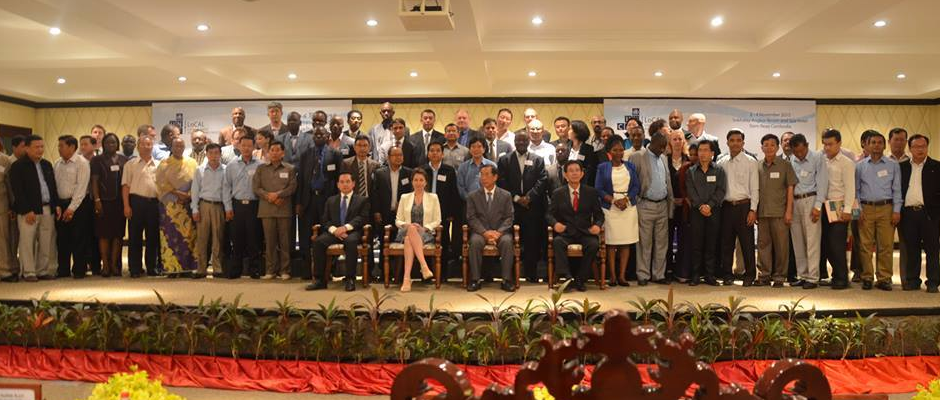
Several MENA countries have made decentralization gains, particularly since the Arab Spring. However, these gains have been partial, incomplete, and limited by regime security and patronage concerns. A recent study analyzes the extent to which governance is decentralized in law and practice in nine Middle East and North Africa (MENA) countries—Egypt, Iraq, Jordan, Lebanon, Libya, Morocco, Syria, Tunisia, and Yemen. The pandemic, national budget deficits, and escalating protests in some countries could spur further decentralization, but they will also exacerbate regime unease around maintaining stability and power. (This session is co-hosted by USAID and MSI).
Monday, March 7, 2022: 8 am NYC/DC (2 pm CET/Rabat; 3 pm Cairo; 4 pm Baghdad)
| Topic | Contributor |
|---|---|
| Najiyah Alwazir, USAID | |
| Lynn Carter, MSI | |
| Salim Rouhana, World Bank | |
| Leonardo Romeo, Local Development International | |
| Discussion / Q & A | Moderator, audience, and panelists |
This webinar is part of the Local Public Sector Alliance Knowledge Week on Decentralization and Local Development in the Middle East & North Africa (MENA)



